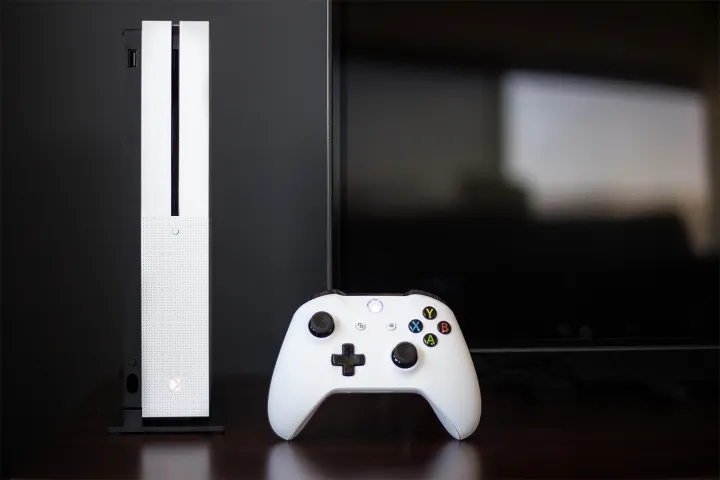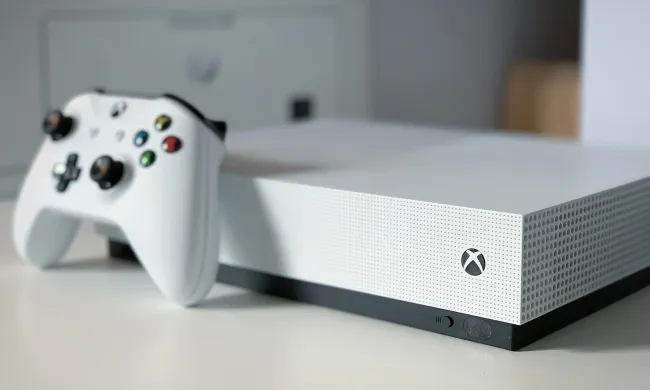
The next time you run into an issue with your Xbox One, the person helping you might be a volunteer rather than a paid employee.
Approximately 12 members of the Xbox support staff have reportedly been laid off by Affirma Consulting, a company that partnered with Microsoft. According to Polygon, the staff primarily worked in Microsoft’s offices.
Some of those affected have reportedly been responsible for training volunteers in the Xbox Ambassadors program — if you’ve ever tweeted at the Xbox Support account for help, you may have already been assisted by one of these community members. A small team of staff appears to remain to assist with Xbox Support and to help manage the Ambassadors, and Polygon was told by Microsoft that the company “continue[s] to have a number of highly-trained customer support agents, plus community ambassadors, available to help customers with their needs.”
Microsoft’s decision seems like it will have a negative impact on Xbox users’ experience with the console. Previously, messages sent through Twitter to the company’s support team were answered quickly and accurately, even regarding issues that had just appeared.
Twitter likely won’t be the best option for getting your questions answered in the future, but you can still get support directly from Microsoft by visiting the official Xbox Support website. There, you can have a live chat with a representative who can assist with technical issues, and the queue time is usually no more than a few minutes. As the support agent is working directly with you, there also isn’t any downtime in between sent messages
The Xbox One is a console with fairly low failure rates and the system has only improved with the Xbox One S and Xbox One X variants. Were Microsoft to do this last generation, it likely would have caused bigger issues. The Xbox 360 had a failure rate as high as 54 percent, often with the dreaded “red ring of death.”
In contrast, the Xbox One’s primary issues haven’t involved the entire console failing. Instead, users have dealt with faulty disc drives, which either make a loud grinding noise or fail to function at all.


